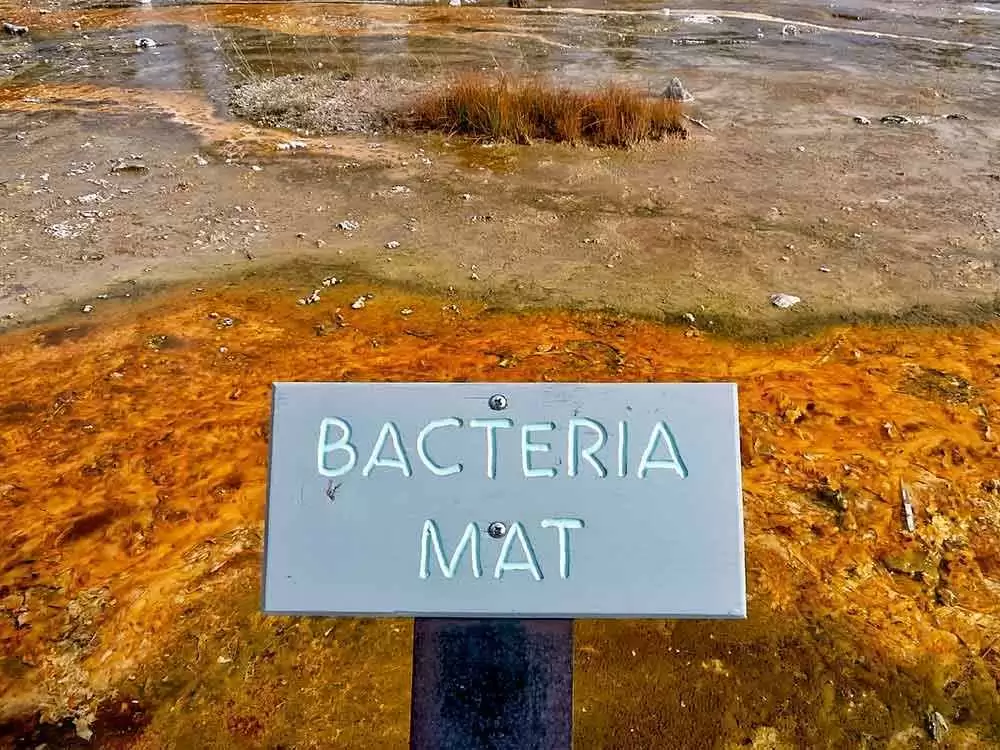
Celiac.com 03/26/2018 - Researchers are making serious headway in understanding critical aspects of celiac disease and other autoimmune conditions. However, despite numerous studies showing links between gut microbiota and immune diseases, researchers still don’t know very much about role of gut microbiota in autoimmunity. One team of researchers recently found that translocation of a gut pathobiont, Enterococcus gallinarum, to the liver and other systemic tissues triggers autoimmune responses in a genetic background predisposing to autoimmunity. What does that mean, exactly, and what else did they find?
First of all, it’s important to understand that a pathobiont is any potentially disease-causing organism which, normally, lives in symbiosis with its host. So, these are organisms that normally cause no problems at all, but which, under certain circumstances, can cause disease.
Celiac.com Sponsor (A12):
The research team included S. Manfredo Vieira, M. Hiltensperger, V. Kumar, D. Zegarra-Ruiz, C. Dehner, N. Khan, F. R. C. Costa, E. Tiniakou, T. Greiling, W. Ruff, A. Barbieri, C. Kriegel, S. S. Mehta, J. R. Knight, D. Jain, A. L. Goodman, and M. A. Kriegel.
They are variously affiliated with the Department of Immunobiology, the Department of Medicine, and the Department of Pathology, the Yale Center for Genome Analysis, the Department of Microbial Pathogenesis and Microbial Sciences Institute at the Yale School of Medicine in New Haven, CT, USA, the Department of Biochemistry and Immunology, Ribeirao Preto Medical School, Ribeirao Preto, SP, Brazil, the Department of Medicine, Johns Hopkins University School of Medicine, Baltimore, MD, USA, and the Department of Dermatology, Oregon Health and Science University, Portland, OR, USA.
The team’s study data for this model showed that antibiotic treatment prevented mortality, suppressed growth of E. gallinarum in tissues, and eliminated pathogenic autoantibodies and T cells, while Hepatocyte–E. gallinarum cocultures induced autoimmune-promoting factors. Pathobiont translocation in monocolonized and autoimmune-prone mice induced autoantibodies and caused mortality, which could be prevented by an intramuscular vaccine targeting the pathobiont.
Liver biopsies of autoimmune patients yielded E. gallinarum–specific DNA, while cocultures with human hepatocytes replicated the murine findings, which means that similar processes likely occur in susceptible humans.
This study shows that a gut pathobiont can change locations and can promote autoimmunity in people with a genetic predisposition. This is an important revelation that will help researchers to better understand the mechanisms that trigger celiac disease, and may lead to better diagnosis and treatment options in the future.
Source:








Recommended Comments
There are no comments to display.
Create an account or sign in to comment
You need to be a member in order to leave a comment
Create an account
Sign up for a new account in our community. It's easy!
Register a new accountSign in
Already have an account? Sign in here.
Sign In Now